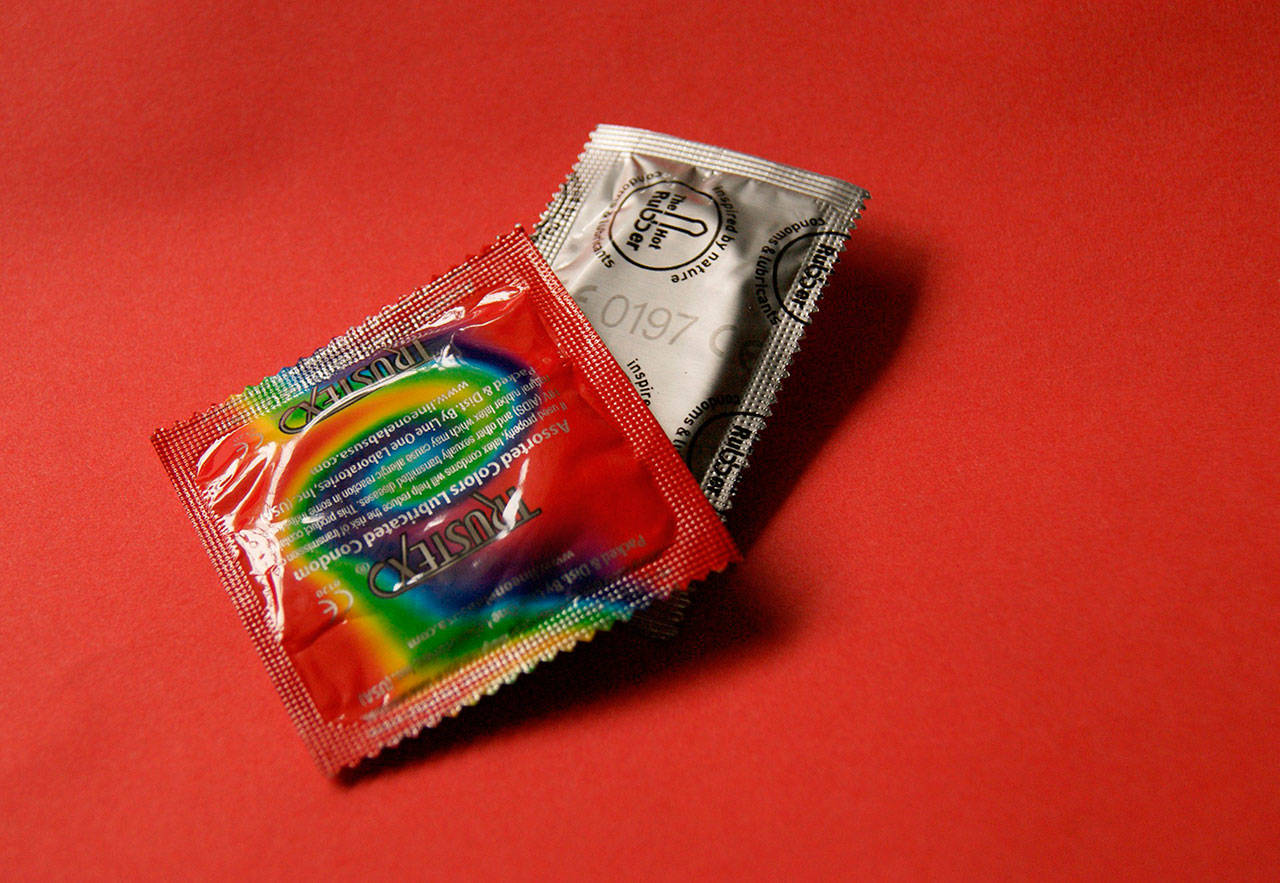The following was written by Besh Gichuhi, a public health nurse, for the Tacoma-Pierce County Health Department blog:
September was Sexual Health Month. Sexual health is part of what makes us whole. We all have a role to play in encouraging healthy sexual behavior.
The first thing that usually comes to mind with sexual health is STDs. Of course, the absence of these infections is important, but it is by no means the full story.
The World Health Organization has a much broader definition of sexual health, one that emphasizes the positive aspects of sex. It says sexual health is “a state of physical, mental, and social well-being in relation to sexuality. It requires a positive and respectful approach to sexuality and sexual relationships, as well as the possibility of having pleasurable and safe sexual experiences, free of coercion, discrimination and violence.”
That’s so much more than just the absence of disease! We will need more than condoms to advance sexual health in our communities.
WHAT CAN WE DO?
Talk about it! We need to normalize discussions about sexual health. Avoiding talking about sexual health gets in the way of accessing care and having healthy conversations.
Since sexual health is such a complex subject in our culture and communities, we can take steps to normalize the topic.
WHO RECOMMENDS THAT WE:
- Promote respect and acceptance of gender differences. Learn 10 Ways to be an ally and friend from GLAAD.
- Support policies that stand against discrimination based on sexual orientation and gender. GLSEN has a great Guide for Schools.
- Foster skills like decision-making, communication, assertiveness and negotiation that enhance personal relationships with your loved ones and as part of curriculum in schools.
- Talk to your healthcare provider about your sexual health. If you don’t feel comfortable talking to your provider, ask around for recommendations. Your provider is an important partner for you, performing regular check-ups and screenings.
WHAT ABOUT STDS?
Talk to your healthcare provider about getting tested if you have concerns, but CDC has recommendations:
- Any one 13 to 64 years should be tested at least once for HIV.
- If you’re pregnant, you should get tested for syphilis, HIV, and hepatitis B early in pregnancy.
- All sexually active gay and bisexual men should be tested annually for syphilis, chlamydia, and gonorrhea. They may also benefit from more frequent HIV testing.
- People who have unprotected sex or share injection drug equipment should get tested for HIV annually.
THE GOOD NEWS IS STDS ARE PREVENTABLE! A FEW THINGS YOU CAN DO:
- Use condoms.
- Reduce your number of sexual partners to decrease your risk for STDs.
- Talk with your partner(s) about STDs and staying safe before having sex. Remember, protecting your health is your responsibility.
- Practice mutual monogamy. This means you agree to be sexually active with only one person, who has agreed to be sexually active only with you.
- Get vaccinated. The human papilloma virus vaccine prevents some of the most common types of HPV. The HPV vaccine is safe, effective, and can help you avoid HPV-related health problems like genital warts and some cancers.
- Get tested. Some STDs don’t have symptoms but still cause health problems.
STD RESOURCES IN PIERCE COUNTY
- Tacoma-Pierce County Health Department.
- Planned Parenthood – Tacoma Health Center – Puyallup Health Center.
- Sea Mar Community Health Center – Puyallup and Tacoma Locations.


